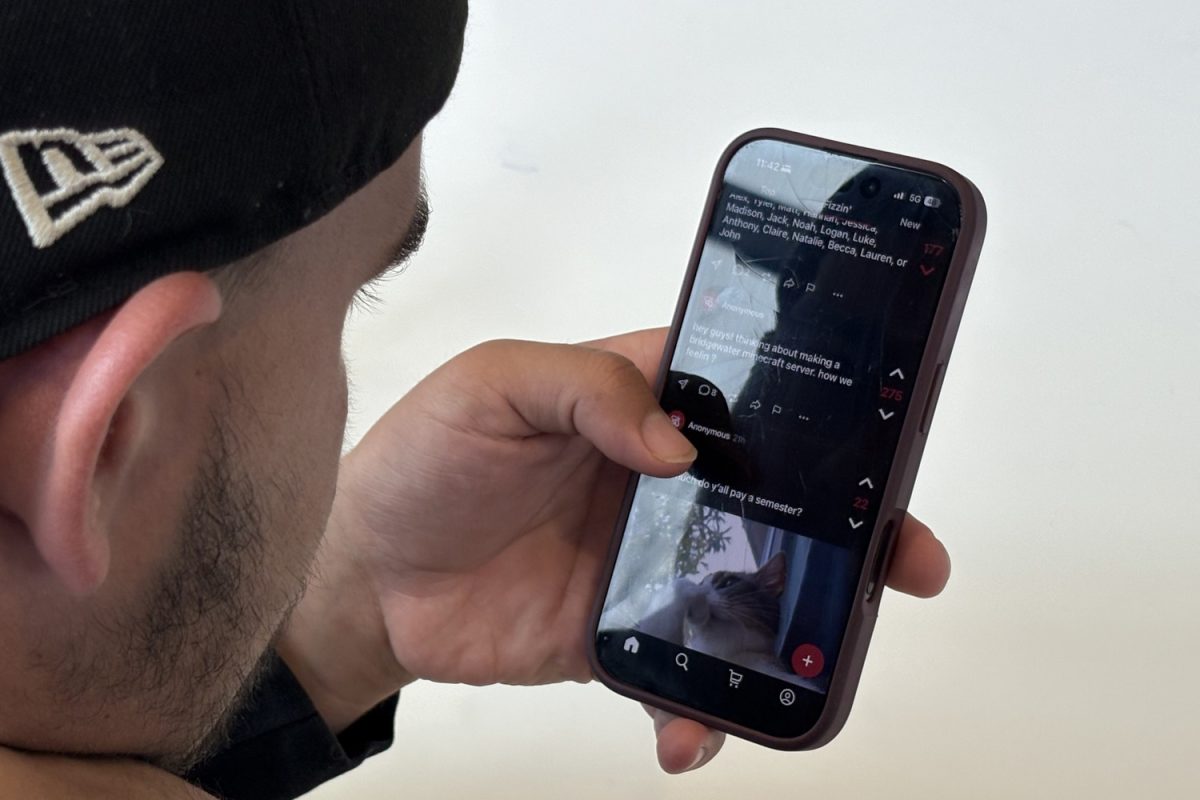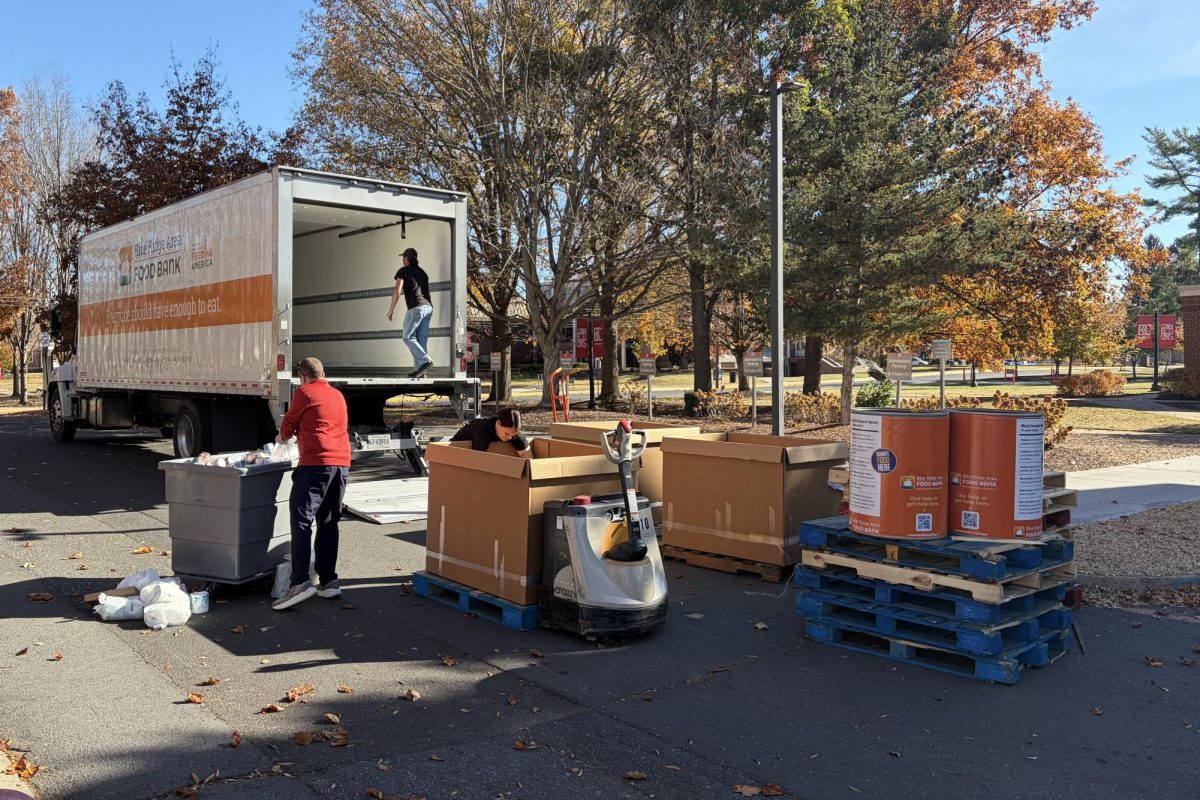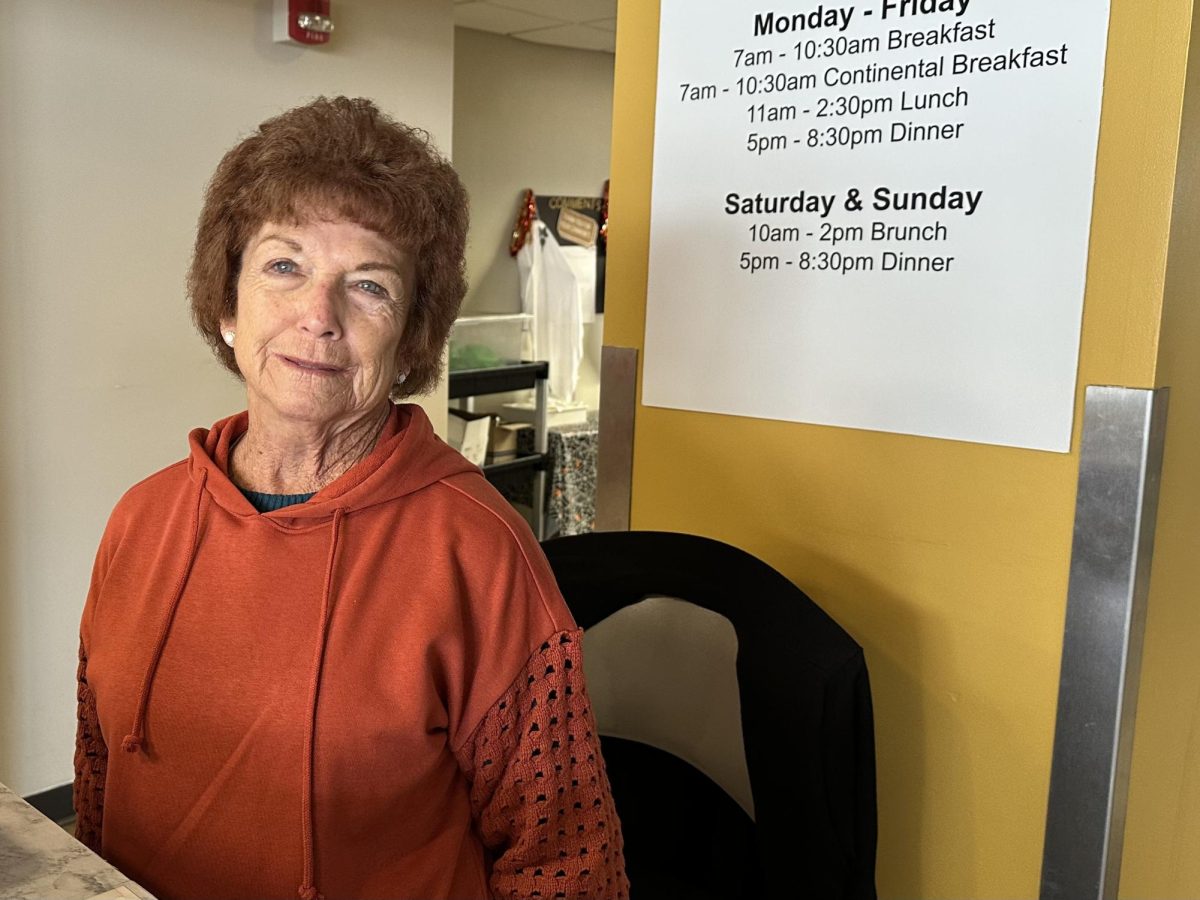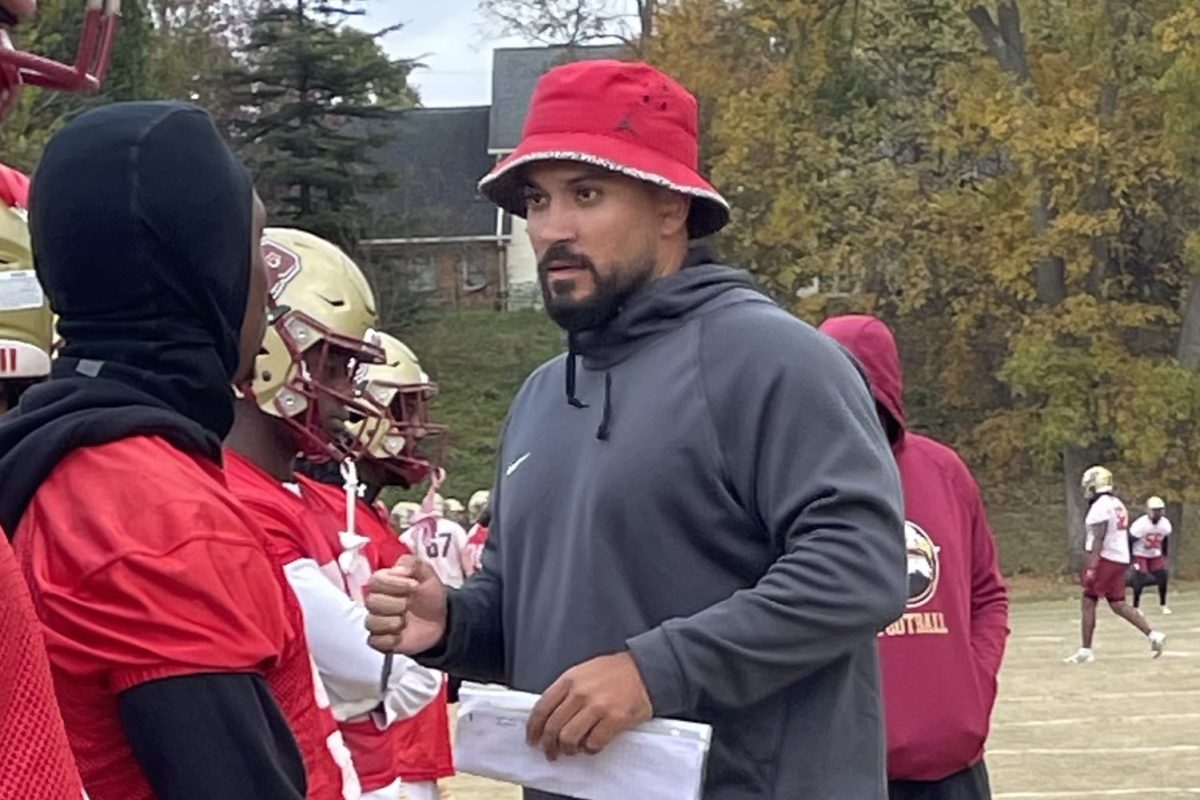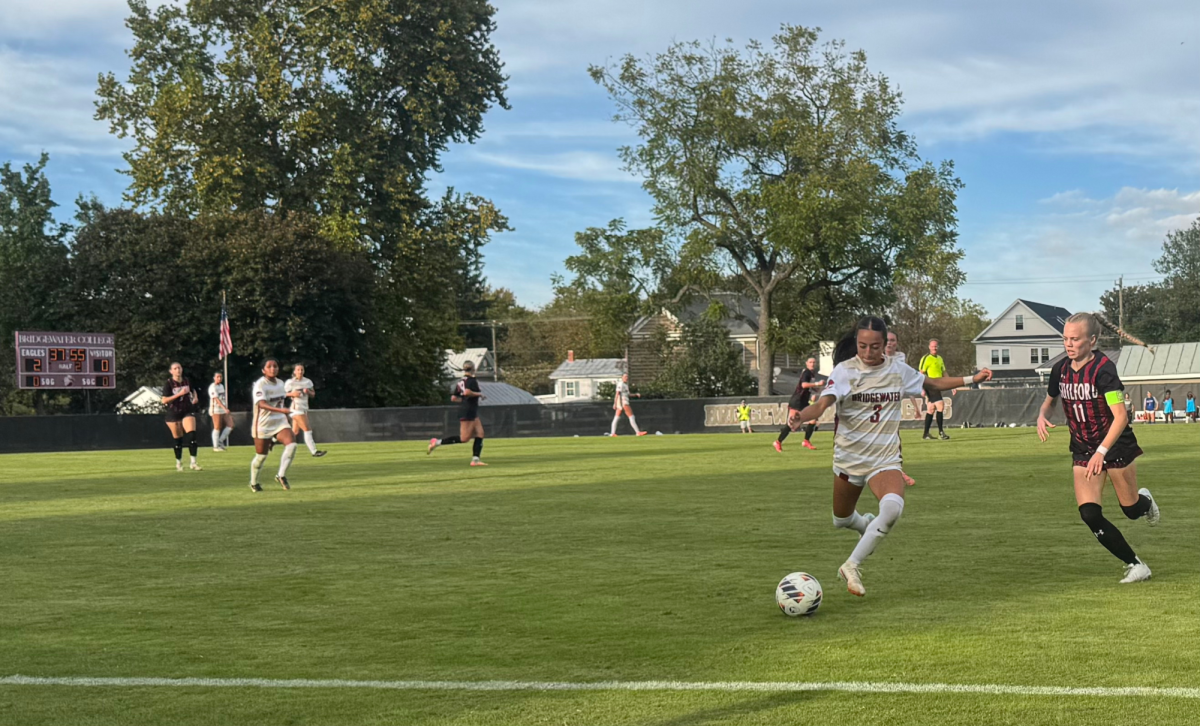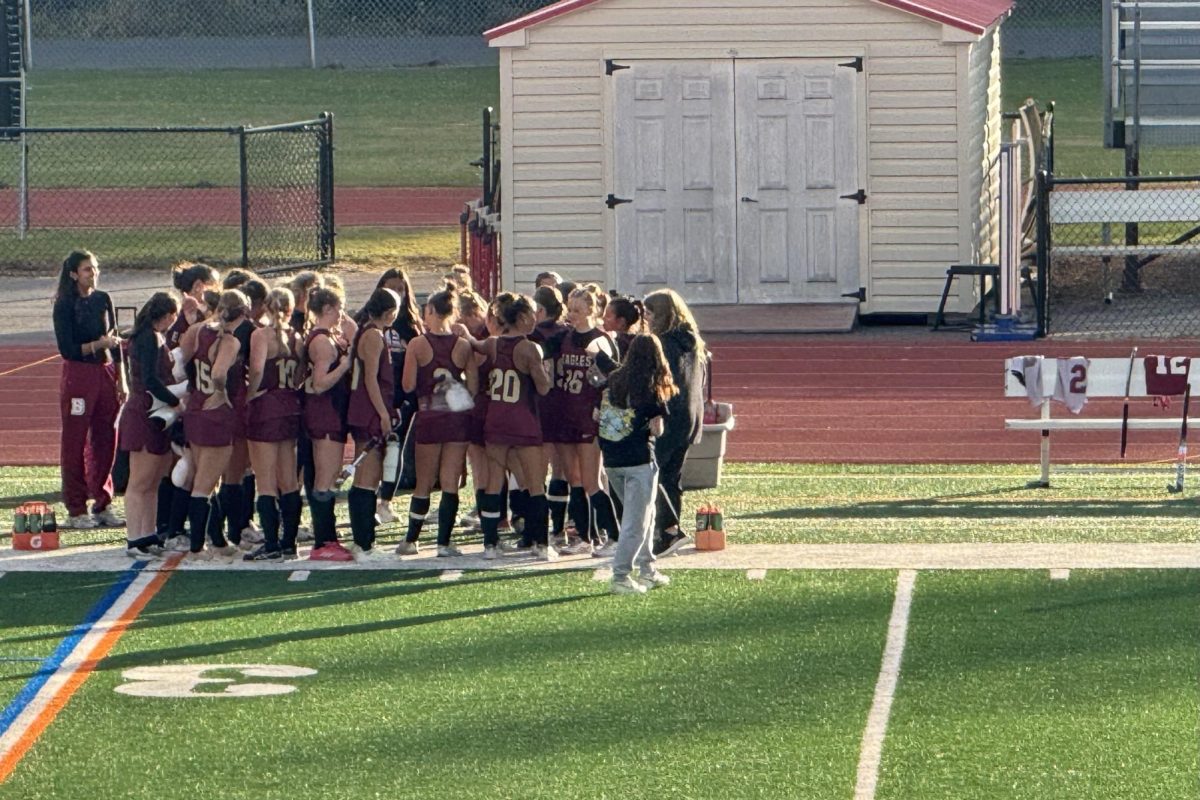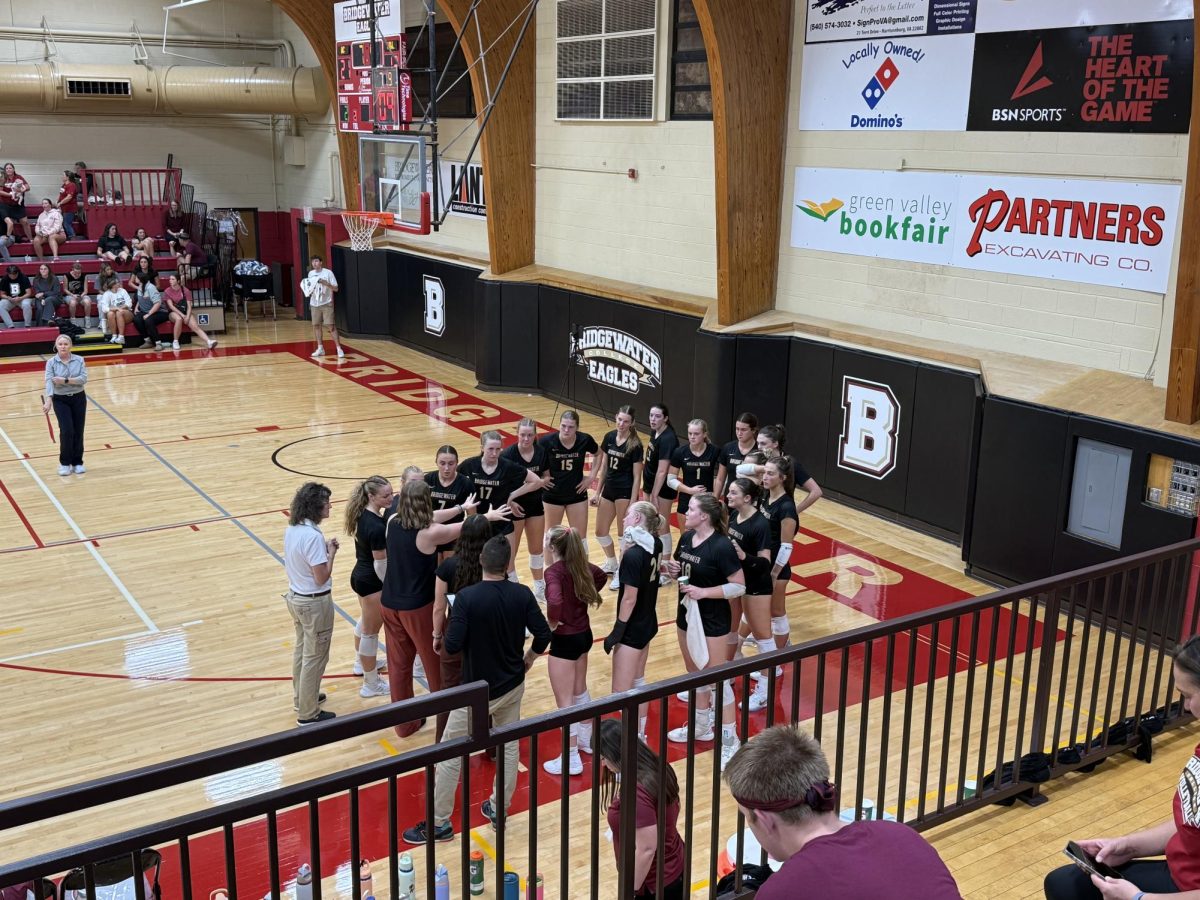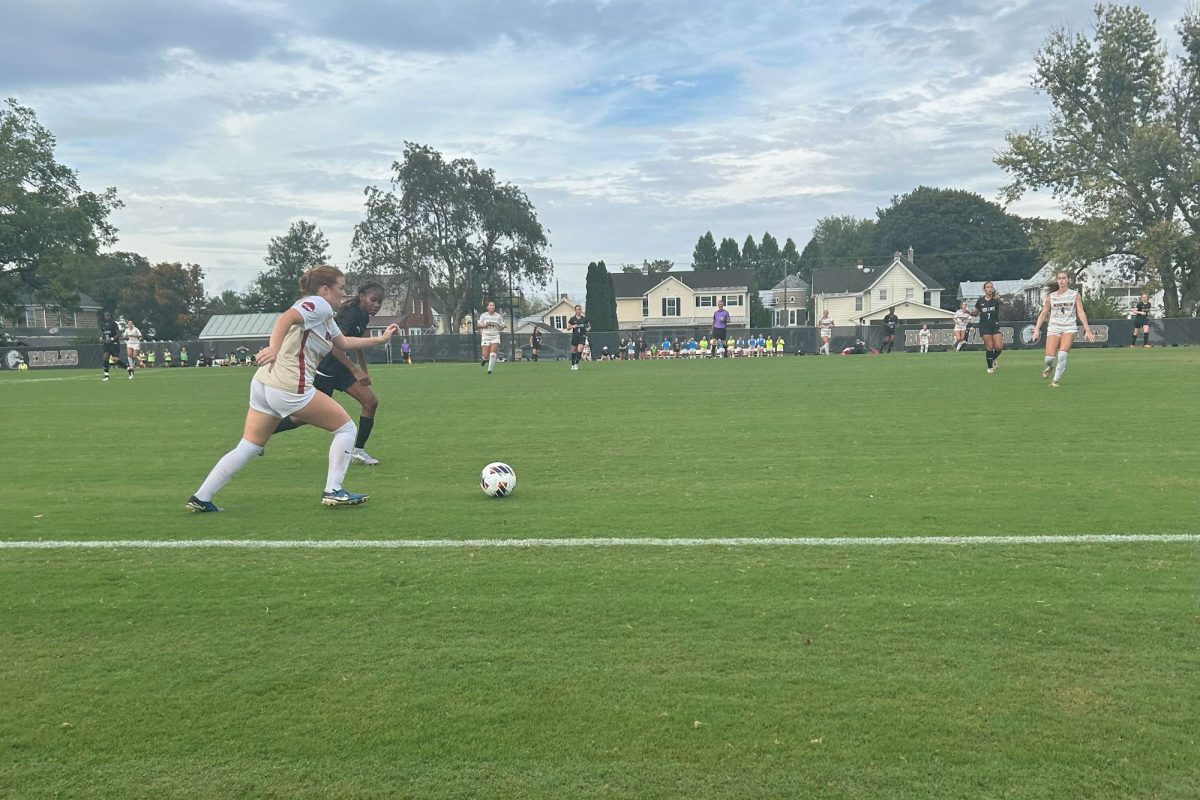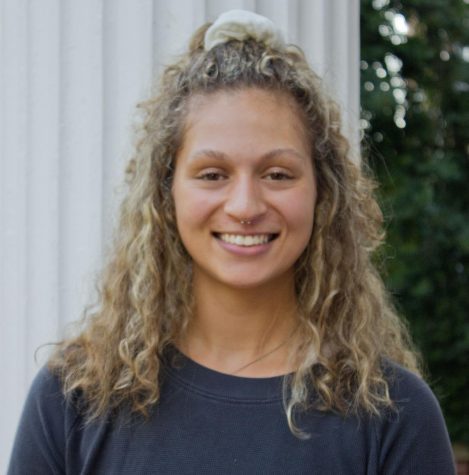Counseling Services Working to Move Online
Bridgewater College to “Provide Continuity of Care” to Students
Bridgewater College Counseling Services is working to establish online counseling for students inside and outside the state of Virginia, yet legal complications provide barriers.
March 24, 2020
Bridgewater, Va.- With the closure of campuses across the country, many students are also facing the loss of college counseling services, but efforts are underway to ensure continuity of care.
Bridgewater College’s Associate Dean of Students and Psychologist Neal Rittenhousesaid relayed that current student-clients are able to receive teletherapy if they live in Virginia; however, there are more barriers for new student-clients and students in other states.
“We’ve been working really hard to provide continuity of care,” Rittenhouse said, identifying multiple obstacles that complicate the move of counseling services online including licensure.
On Thursday, March 19, Rittenhouse learned that the Office of Civil Rights and Health and Human Services “issued an Emergency Notification relaxing the guidelines around the use of technology that isn’t HIPAA compliant.”
Regarding the licensure barrier, Rittenhouse said that “our licenses as clinical psychologists and licensed professional counselors forbid us from providing services to clients across state lines.” The only way administering services across state lines is possible is in a “reciprocity agreement” between Virginia and another state.
While a petition was submitted to Virginia Governor Ralph Northam’s office, at the time of this writing, no response has been received, reported Rittenhouse.
“We are hoping [these] conditions change and if they do, we’ll make that announcement,” Rittenhouse said.
As a client of BC counseling services since February 2019, senior Christa McDaniel decided to email her counselor at the college, Becky Snead, about resuming her regular bimonthly appointments.
As a graduating senior, McDaniel noted she “wasn’t prepared to have [her] counseling sessions end so abruptly…it feels disconcerting to have that resource just disappear.”
Doubtful online counseling will “have the same effect,” McDaniel worries she “won’t have the same opportunity for some sort of in-person closure” at the end of the school year.
McDaniel was part of a class forum for biology of the mind with Professor Erin Miller where the subject of remote counseling–or lack thereof for some students–was discussed.
According to McDaniel, Miller received an email from Rittenhouse encouraging all concerned students, whether clients or not, to reach out to him directly.
“This helped relieve some of my anxieties involved with this situation as I am able to still have contact with my counselor,” McDaniel said.
After receiving an email from Snead, McDaniel was notified her regular counseling services could continue “as soon as the college attorney approves an informed consent form,” allowing Snead and McDaniel to meet “in person via Zoom or on the telephone.”
“I am thankful for our counseling services and the people there who make it possible,” McDaniel said.
“I’ve told many friends since this quarantine began and our senior year was cut short, if this had happened a year ago I’d be much worse off. I have been well-equipped with healthy coping mechanisms, have a better understanding of my triggers, and learned that it’s okay to ask for help,” said McDaniel.
Teletherapy is an option for existing student-clients in Virginia, but all other clients in need of services should contact Rittenhouse directly at jrittenhouse@bridgewater.edu.

